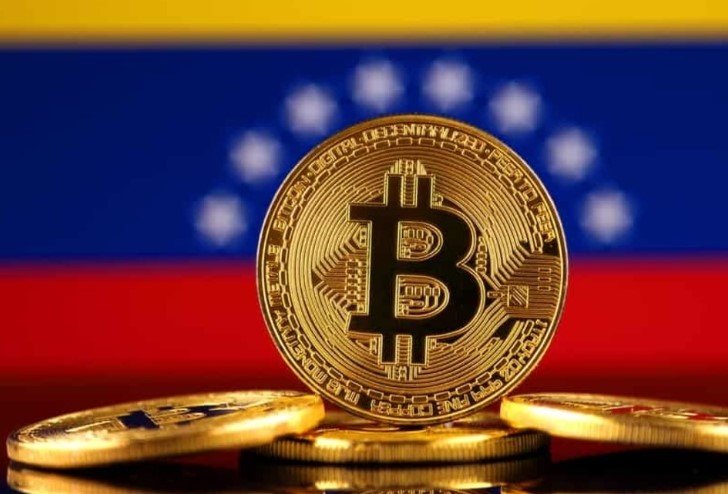In a strategic pivot, Venezuela’s state oil company PDVSA is turning to cryptocurrency to circumvent the biting impact of renewed US sanctions. This bold move underscores the country’s resolve to maintain its oil exports despite the tightening grip of international restrictions.
The Crypto Shift in Oil Trade
PDVSA’s adoption of digital currencies, particularly Tether (USDT), marks a significant departure from traditional financial systems. The company has been gradually increasing its use of cryptocurrency for oil sales since last year, aiming to sidestep the sanctions that threaten to freeze its assets abroad. This shift not only reflects Venezuela’s agility in the face of adversity but also highlights the growing relevance of cryptocurrencies in global trade.
The decision to mandate new customers to have a digital wallet holding crypto is a clear indication of PDVSA’s commitment to this new approach. It’s a move that could potentially reshape the oil market’s longstanding reliance on the US dollar and pave the way for a more diversified and resilient economic model.
Economic Sovereignty Through Digital Assets
By embracing cryptocurrency, Venezuela is asserting its economic sovereignty in an era of geopolitical tensions. The use of USDT, a stablecoin pegged to the US dollar, allows PDVSA to maintain the value of its transactions while avoiding the pitfalls of traditional banking systems that are vulnerable to sanctions.
This transition to digital currency is not just a workaround for sanctions; it’s a strategic realignment that could offer Venezuela greater control over its financial dealings. It represents a broader trend of nations exploring alternative monetary systems to protect their economic interests on the global stage.
The Future of Sanction-Proof Trade
Venezuela’s move towards cryptocurrency could signal the beginning of a new era in international trade, where digital assets play a central role in sanction-proof transactions. As PDVSA leads the way, other state-owned enterprises may follow suit, seeking financial autonomy in an increasingly interconnected and digitalized world economy.
The implications of this shift are far-reaching, potentially influencing how countries engage in trade and manage economic policies amid international disputes. Venezuela’s foray into the crypto space could be a harbinger of a more decentralized and resilient global trade system.


 Bitcoin
Bitcoin  Ethereum
Ethereum  Solana
Solana  Cardano
Cardano  Chainlink
Chainlink  Avalanche
Avalanche  Sui
Sui  Polkadot
Polkadot  Mantle
Mantle  Bittensor
Bittensor  NEAR Protocol
NEAR Protocol  Internet Computer
Internet Computer  Cosmos Hub
Cosmos Hub  Quant
Quant  Algorand
Algorand  Aptos
Aptos  Render
Render  Filecoin
Filecoin  Arbitrum
Arbitrum  Jupiter
Jupiter  Sei
Sei  Stacks
Stacks  Optimism
Optimism  Injective
Injective  The Graph
The Graph  Celestia
Celestia  Pyth Network
Pyth Network  THORChain
THORChain  Immutable
Immutable  MultiversX
MultiversX  Akash Network
Akash Network  dYdX
dYdX  Flow
Flow  Illuvium
Illuvium  Manta Network
Manta Network  Kujira
Kujira  Metis
Metis  Dymension
Dymension